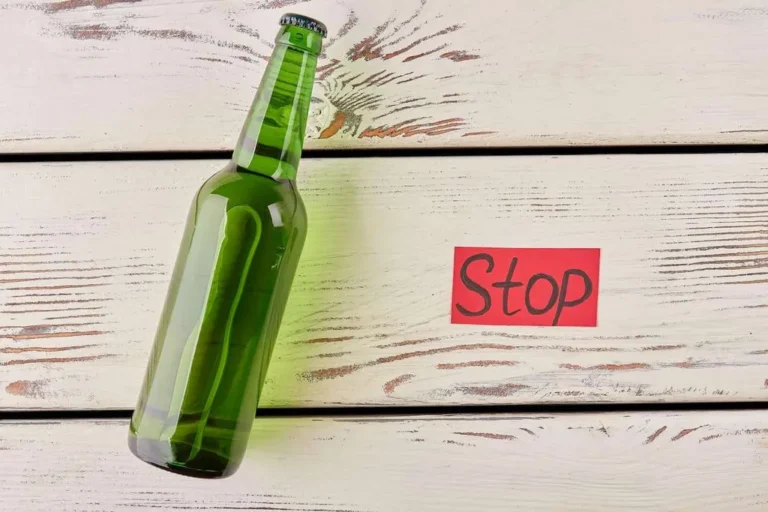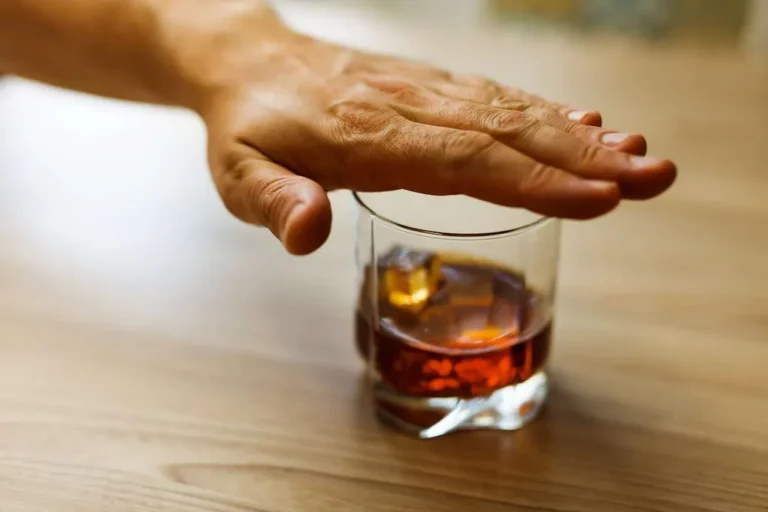What is Sober Curious: Redefining Your Relationship with Alcohol

In 2025, the trend towards healthy lifestyles will increase. One reason is that people are now thinking about how they want to treat alcohol dependency—with the help of the sober curious movement. The essence of being sober curious is not to stop having a glass of beer with dinner at all (although it is also useful). The main goal is to get more conscious of your choices and understand how and when you drink.
The younger generation, in particular, is taking this step. JAMA Pediatrics claims the number of U.S. students (from 18 to 22) who do not drink alcohol has gone up from 20% to 28%. Moreover, abstinence challenges such as Dry January are now spreading on social media. It is a way to join the movement and not feel pressured to give up alcohol completely. In this article, we will talk in more detail about what is sober curious as well as the features of the phenomenon.
Explaining What Is Sober Curiosity
Sobriety is indispensable among those battling alcohol addiction. But “being sober curiosity” is something different. It’s about taking a step back, reevaluating drinking habits, and making more mindful choices regarding your emotional and physiological well-being. This strategy has been an eye-opener. It sheds light on the not-so-healthy routines that often go unnoticed.
For those dealing with serious alcohol dependence, where cravings, withdrawal, risky behavior, or mental health struggles come into play, simply cutting back isn’t usually an option. One in eight adults in the U.S. struggles with an alcohol use disorder, and for many, full sobriety is the only way forward.
Sober curiosity, on the other hand, is your way of thinking about all your decisions. There are many ways to stop and reflect on your drinking — some people, as an example, may want to take a break during a Dry January or a Sober October.
Some people merely reduce their alcohol intake. As an example, you can select multiple non-alcoholic drinks at once or choose lower-alcohol alternatives.
It’s a chance to get creative. Many establishments around the world are now experimenting with non-alcoholic beverage trends — and often, they taste better than alcoholic ones. Sales of non-alcoholic beer, wine, and spirits are set to soar by more than 40% between 2021 and 2023, according to PBS News Hour. It’s no longer just a trend—it’s the new reality. Restaurant menus now feature non-alcoholic options on par with classics.
And even when it comes to completely quitting the habit, not everyone is able to. Social pressure and deeply ingrained habits cannot be eradicated in a day. Many people try short-term sobriety to test the waters, while others face the harsher reality of alcohol use disorder (AUD).
Quitting alcohol is a quest. Want to take a sip at a party? Friends will ask, “You don’t drink at all?”. That’s why support is important. It doesn’t matter if you’re just experimenting with sobriety or if it is your path to change—the main thing is to have those around who understand and support you. Giving up alcohol, even a small amount, brings many benefits.

Take back control of your life and start on the road to recovery now.
Benefits of Taking a Break From Drinking
Sometimes, it’s worth experiencing how the body and mind change when you don’t regularly consume a bottle of beer before dinner or a glass of prosecco at lunch with colleagues. Let’s take a look at some of the sober curious benefits to experience:
- Better sleep. Alcohol messes with your sleep cycle. Drinking less can mean deeper, more restful nights.
- Sharper mind. Less alcohol means better focus, clearer thinking, and smarter decision-making.
- Easier weight management. Boozy drinks are packed with empty calories. Cutting back helps with weight loss or keeping it steady.
- Happier gut. Alcohol is rough on digestion, causing acid reflux or stomach irritation. Mindful drinking leads to a healthier gut.
- A more stable mood. Alcohol escalates anxiety and depression. Scaling back might help even out your emotions.
- Improved fitness. Too much alcohol slows down recovery and affects athletic performance. Less drinking, better workouts.
- Reduced dangers to health. Heart issues, liver disorders, and even some types of cancer are associated with heavy drinking. Reducing alcohol lowers those risks.
Doctors often say one of the best ways to help your detox is to keep a journal. Note what occurs each time you feel like drinking. When and with whom you want to drink will be clear to you.

How to Get Sober Curious
Lowering alcohol consumption and leading a sober curious lifestyle is not an easy task. Especially when it seems the world around us is based on toasts and glasses. Friends invite you to have a beer, colleagues offer a glass after work, and family celebrations simply won’t go without it. But if you’re exploring the sober curious path and wondering how to make your attitude towards alcohol more conscious, there are opportunities to make the process easier.
Start with the main question: why do you drink? What pushes you to do this? Is it a way to relax after a hard day? Or is it just a habit no one has questioned?
Once you find the answer, look at the other side of the coin — how does alcohol affect you? Does a glass of wine really help relieve stress, or do you feel worse the next morning?
Now, you can imagine you have stopped drinking. What changes? Actually, not so much. It turns out you enjoy events without unnecessary rituals. To become calmer, you can drink juice instead of beer to make the toast.
Set your game plan
What does a sober high look like to you? Imagine a party, a meeting with friends, or just a Friday after work—but without alcohol. What do you do? How do you feel?
Everyone has their own sober curious approach. Someone takes a break for a month, someone simply reduces the amount—instead of beer every night, once every three days. You may leave one drink a week for special occasions or switch to non-alcoholic cocktails altogether. Any of the approaches is a step forward.
Lean on support
You don’t have to go through this alone. There are many groups now, united by a common goal. Consequently, a sober companion may assist you in researching sober activities, support organizations, or establishments that don’t provide alcohol.
Find fun outside of drinking
It’s a great time to rediscover hobbies that have nothing to do with alcohol. Whether it’s hiking, painting, reading, playing music, or dancing, there are plenty of ways to have fun without a drink in hand.
Some people who go sober curious just cut back on the amount they drink, while others get urgent care for alcohol withdrawal. In any case, it is difficult to overlook the benefits, which include better sleep, increased attention, and general well-being.

This can be a difficult journey, but you don’t have to go it alone. Let us be your guide and provide you the environment needed to regain control of your life and begin the path to recovery.
How to Get Help with Alcohol Addiction
Recovering from an alcohol addiction is a highly personal struggle, and each person’s path is unique. Some cut back easily, while others realize they need more structured support to overcome alcoholism. Finding the right environment plays a huge role in long-term recovery.
That’s where Eco Sober Houses come in. These homes offer more than just a safe place to stay; they provide a supportive, structured community to those committed to sobriety. Newly renovated and designed to bring comfort, they create a welcoming space where clients focus on rebuilding their lives alongside others on the same path.
Eco Sober Houses prioritize respect, inclusivity, and a judgment-free atmosphere. We help individuals transition into a stable, alcohol-free life. With peer support, accountability, and a strong sense of community, we make recovery feel less like an uphill battle and more like a fresh start. Choosing Eco Sober Houses isn’t just about finding a place to live; it’s about gaining a network of people who genuinely want to see you succeed. If you or someone you know is battling alcoholism, this might be the crucial step. Contact us for more details.




